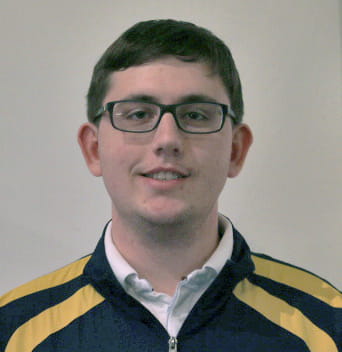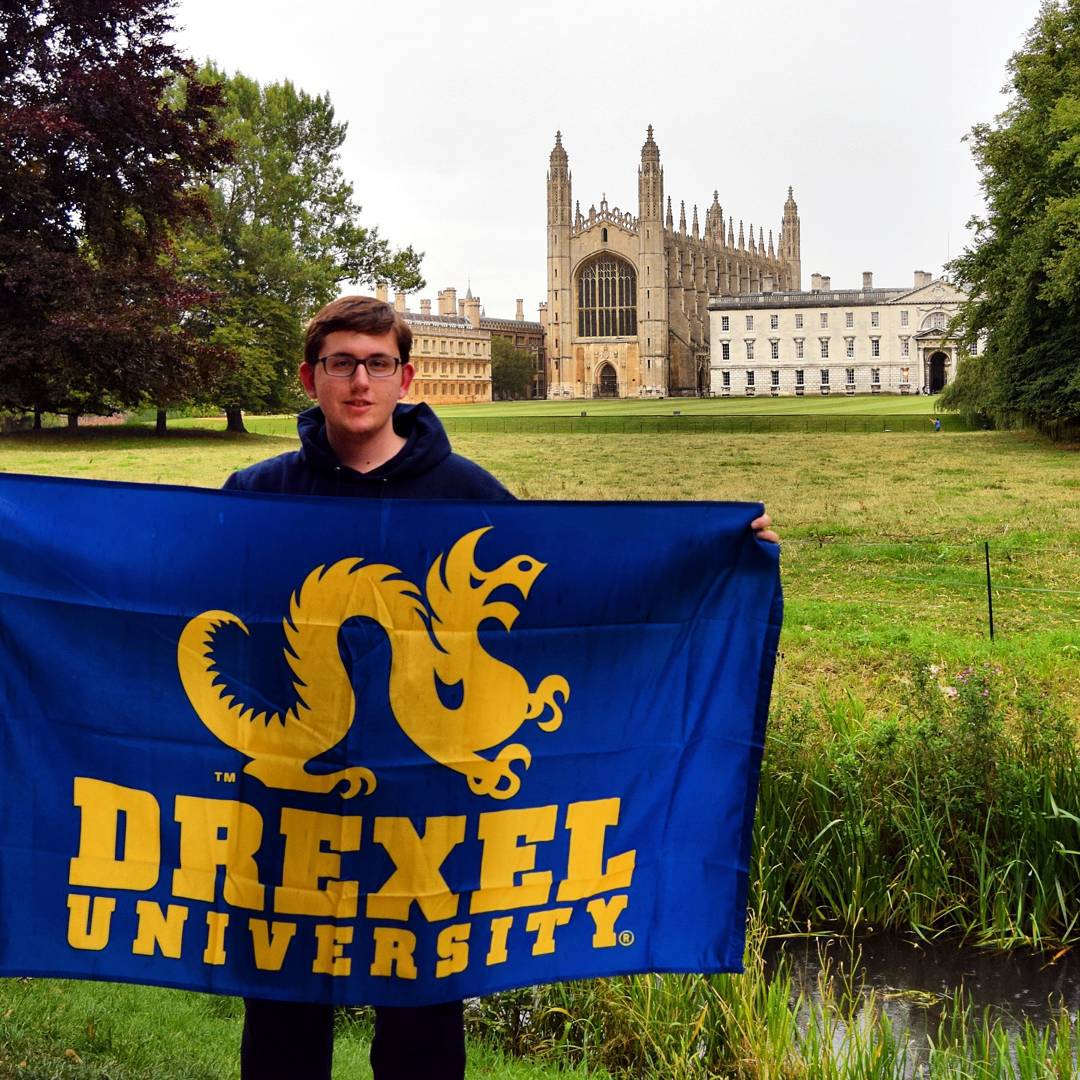Working in a New Country and Industry
 By Nordin Catic
By Nordin Catic

After completing my first co-op, I thought I knew what to expect from my next one. During the application stage for my second co-op, I had the opportunity to get in contact with a professor from the Materials Science Department at the University of Cambridge. After some interviews and paperwork, I was accepted to his research group for a six-month co-op. The research I would be doing was in the nanotechnology field, a field I knew very little about.
Upon arrival, I started working on a project that was being funded by the European Research Council. The project involved the development of a carbon nanotube-based heater paint that would be sprayed on aircrafts to remove and prevent the buildup of ice on wings and critical components. I knew nothing about how airplanes worked and I definitely had no idea how to de-ice one. Being used to Drexel's fast pace, I quickly familiarized myself with the current methods of de-icing and the challenges involved.
My favorite part of the co-op was being able to assist and learn from the PhD students and post-docs on their projects.
Working on my own project where I would have to do all the experiments myself, analyze the data, and present during our weekly meetings helped me improve my presentation and lab skills immensely. I had the opportunity to get trained to use many new instruments and highly advanced microscopes, which helped me get ahead in some of my classes when I came back to Drexel. This co-op was completely different from my previous one as I didn't have any set hours. There were days where I would come in at noon and leave past midnight or come in every couple of hours throughout the day to check up on a synthesis. This made my time there a lot more interesting since every week was completely different and I always had new things to test.
My favorite part of the co-op was being able to assist and learn from the PhD students and post-docs on their projects. Something I'll always remember is seeing their reactions when they realized I was just a 19-year-old undergraduate student. This research experience solidified my interest in the field and helped me decide what to pursue after graduation.
3141 Chestnut Street
Philadelphia, PA 19104